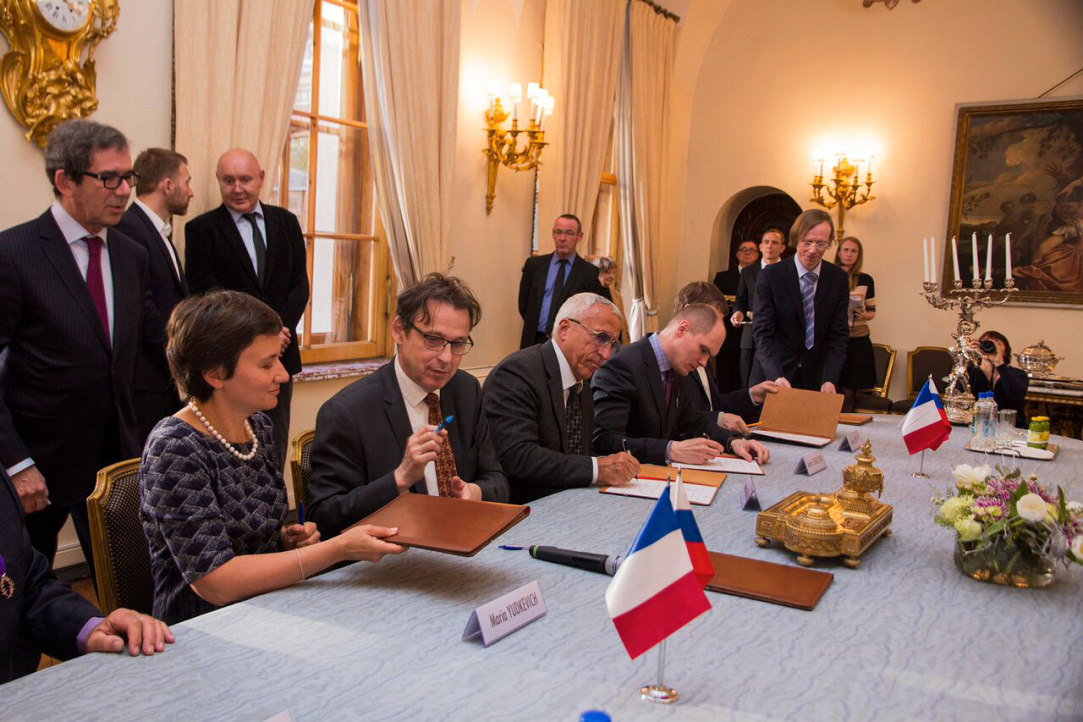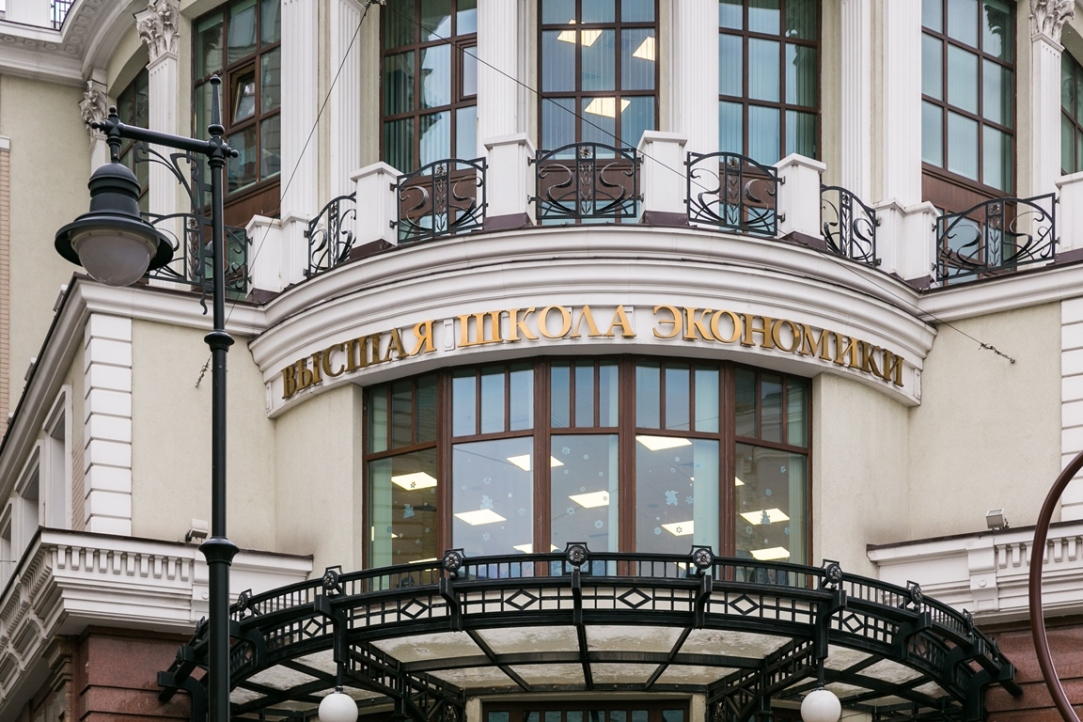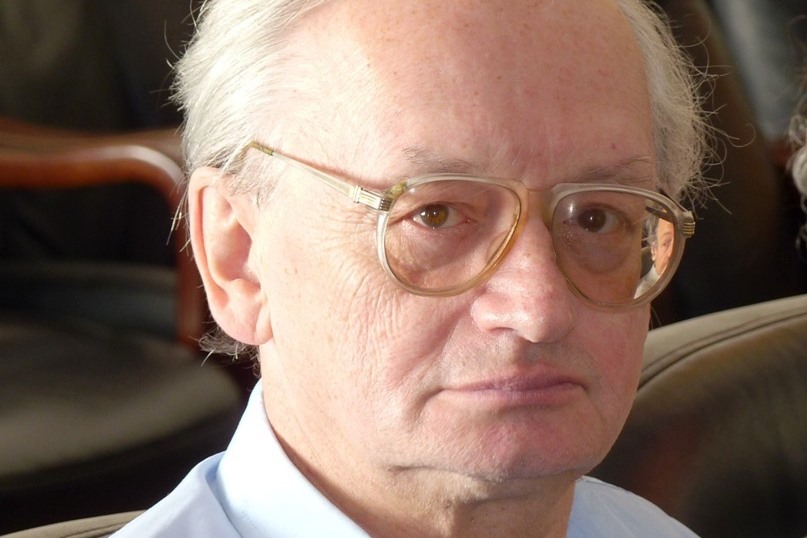
HSE Helps Launch Poncelet Interdisciplinary Scientific Centre
On May 22, Russian and French scientists met in Moscow to sign an agreement to create the French-Russian Interdisciplinary Scientific Centre J.-V. Poncelet (ISCP), which the Higher School of Economics helped set up.
Russian Sincerity Today – A Conversation with Professor Ellen Rutten
On May 23, Ellen Rutten, Professor of Russian and Slavic Studies at the University of Amsterdam, delivered a lecture at HSE on her new book, ‘Sincerity after Communism’. An expert on Slavonic literature and culture, Professor Rutten is involved in numerous projects, including the Digital Emotions group, Sublime Imperfections, and ‘Russian Literature’, a journal where she serves as editor-in-chief.
-%D1%80%D0%B5%D0%B1%D0%B5%D0%BD%D0%BE%D0%BA%20%D0%B7%D0%B0%D0%BA%D1%80%D1%8B%D0%B2%D0%B0%D0%B5%D1%82%D1%81%D1%8F%20%D0%BA%D0%BE%D0%BB%D0%B5%D0%BD%D1%8F%D0%BC%D0%B8%20%D0%BE%D1%82%20%D1%81%D0%BA%D0%B0%D0%BD%D0%B4%D0%B0%D0%BB%D0%B0.jpg)
How to Prevent Lying and Drinking in Teens, According to Research
Adolescents who have a greater tendency to lie to their parents are also more likely to start using alcohol at an earlier age, while excessive parental supervision may aggravate rather than solve the problem. Both honesty and a lower risk of developing a drinking habit are usually the result of a trusting relationship between a teenager and parents, according to a joint study by New York University and HSE researchers, published at Journal of Adolescence.

Hedonism versus Harmony: Wrong Image of Happiness in Commercials
Happiness and harmony are the two mantras of most commercials. "Buy this stuff, and it'll make you happier," they promise. Yet they do not always succeed in increasing sales. One of the reasons may be that advertisers and their audiences have different views on happiness. While the former tend to reduce happiness to hedonism, pleasure-seeking and satisfying one’s desires here and now, the latter often refuse to limit happiness to simple enjoyment.

HSE Success in Research Performance Rankings in 8 Subject Areas
HSE has been ranked one of the top 15 universities by research performance in 8 subject areas, compiled by the Expert Analytical Centre in 2016. HSE took the first place in three subjects: Economics, Social Sciences and Humanities.
Observing the Effects of Everyday Corruption – A Conversation with Professor William Reisinger
On Tuesday, May 23, William Reisinger, Professor of Political Science at the University of Iowa, will deliver a seminar at the HSE School of Political Science entitled ‘The Impact of Petty Corruption on Political Support in Post-Soviet Societies’. Ahead of his seminar, Professor Reisinger spoke with the HSE News Service about the topic of his research, how his impressions of Russia and the post-Soviet world have changed since he began visiting the region, and the changing interest in Russia that he has observed among Western students over the past several decades.
International Law Expert Explores Solutions to Sovereignty Conflicts
On May 17, Dr Jorge Emilio Nunez, a Senior Lecturer at Manchester Law School (UK), delivered a lecture at HSE on the themes from his latest book, ‘Sovereignty Conflicts and International Law and Politics’ (Routledge 2017). While addressing members of the HSE community, he explored a solution of egalitarian shared sovereignty, evaluating what sorts of institutions and arrangements could, and would, best realize shared sovereignty, and how it might be applied to territory, population, government and law.

Alexei Starobinsky, Professor in Faculty of Physics, Elected Foreign Associate at U.S. National Academy of Sciences
Alexei Starobinsky, Professor in the HSE Faculty of Physics, has been elected Foreign Associate at the U.S. National Academy of Sciences. Previously, he has served as an elected member of the National Academy of Sciences of Germany (Leopoldina), the Norwegian Academy of Science and Letters, and two Indian academies – the Indian National Science Academy (New Delhi) and the National Academy of Sciences (Allahabad).

Researchers to Predict Cognitive Dissonance according to Brain Activity
A new study by HSE researchers has uncovered a new brain mechanism that generates cognitive dissonance – a mental discomfort experienced by a person who simultaneously holds two or more contradictory beliefs or values, or experiences difficulties in making decisions. The results of the study have been published in the paper ‘Open Access Neural Mechanisms of Cognitive Dissonance (Revised): an EEG Study’in The Journal of Neuroscience.
An Exciting Journey of Discovery
Dr Elyssebeth Leigh, Senior Lecturer, Faculty of Education, University of Technology, Sydney – Australia will be visiting HSE Moscow to give lectures and take part in discussions at the HSE Institute of Education on May 15-19, 2017. She has been working for over 30 years as an educator and learning designer in workplaces and academic settings. As an experienced adult learning facilitator she has published four books and numerous articles and conference papers on learning and teaching. Much of this work concerns the use of simulation in learning and research.


Submissions are open until October 13